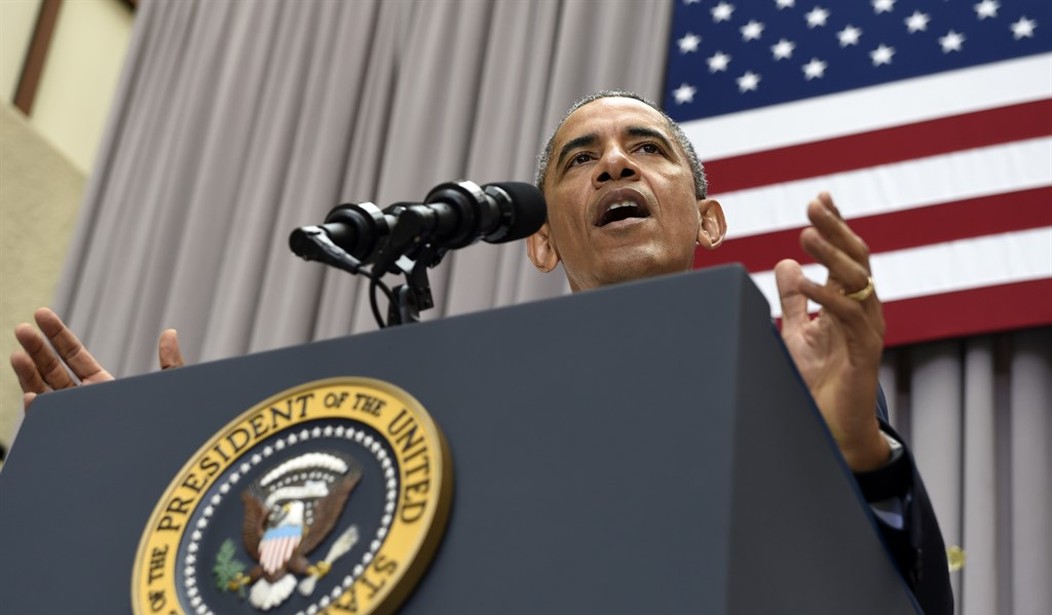President Obama, not unlike his predecessor before him, traveled to American University on Wednesday to deliver perhaps one of the most important speeches of his presidency. There he sought to build and consolidate support for the recently agreed upon Joint Comprehensive Plan of Action (JCPOA) settlement. The Iran deal, as it is colloquially known, has been criticized by most Republicans as they believe it legitimizes a rogue regime and paves Iran’s path to nuclear weapons.
The president, however, disagrees.
“After two years of negotiations, we have achieved a detailed arrangement that permanently prohibits Iran from obtaining a nuclear weapon,” he declared. “It cuts all of Iran’s paths to a bomb. It contains the most comprehensive inspection and verification regime ever to monitor a nuclear program.”
“As was true in previous treaties, it does not resolve all problems,” he conceded. “It does not ensure a warming between our two countries. But it achieves one of our most critical security objectives. As such, it is a very good deal.”
And yet, the accord is more than just a “good deal,” the president went on to say.
He argued nothing like it had ever been achieved in US diplomatic history.
“This deal is not just the best choice among alternatives,” he said. “This is the strongest, non-proliferation agreement ever negotiated. And because this is such a strong deal, every nation that has commented publicly, with the exception of the Israeli government, has expressed support.”
“The United Nations Security Council has unanimously supported it,” he continued. “The majority of arms control and non-proliferation experts support it. Over 100 former ambassadors, who served under Republican and Democratic presidents, support it. I’ve had to make a lot of tough calls as president. But whether or not this deal is good for American security is not one of those calls. It’s not even close.”
Recommended
Throughout his speech, President Obama also sought to discredit his critics as well as their arguments. At the same time, he bemoaned the partisanship of our times, arguing that every single foreign policy decision he's been forced to make is reflectively — and frustratingly — assessed through an ideological "lens.” He therefore urged Republicans to re-review the deal seriously and objectively, warning them that failing to secure a peaceful resolution with Iran could, perhaps, mean war.
“The choice we face is ultimately between diplomacy and some form of war,” he stated. “Walk away from this agreement, and you will get a better deal ... for Iran.”

























Join the conversation as a VIP Member